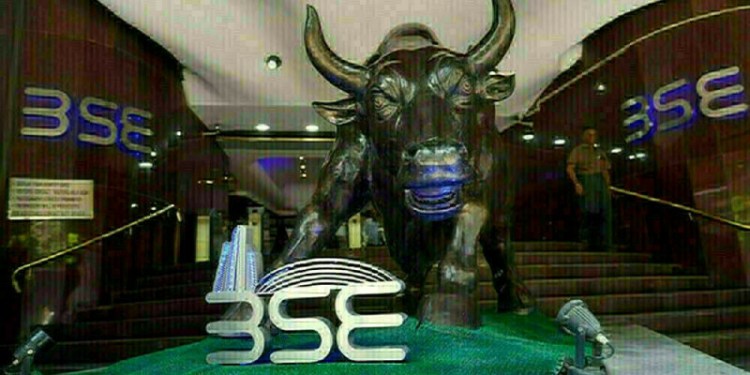NEW YORK: Wall Street moved to a defensive mode on Friday, shifting into safer equity sectors as economic data raised the specter of inflation and possible interest rate hikes, while technology shares pulled back after an initial surge.
US gross domestic product increased at a 2.3 percent annualized pace in the first quarter, slower than the prior quarter but stronger than the expected 2-percent growth.
Accompanying the growth in the first quarter, which tends to be sluggish because of a seasonal quirk, was data that showed wages increasing at their quickest pace in 11 years.
The signs of inflation come as bellwether companies have recently cautioned that higher costs could erode margins, warnings that investors clung on to, rather than reports that showed first-quarter corporate profit growth was the strongest in seven years.
Microsoft jumped 3.9 percent and Intel rose 5.2 percent, both to record highs after they topped profit forecasts. But they quickly pulled back to trade up 1.2 percent and 0.5 percent, respectively.
Amazon.com surged 7.9 percent to a record high after surprisingly strong quarterly results. It also pulled back to a 5.1 percent gain, which was still the biggest boost to the S&P 500 and the Nasdaq.
“One thing you are seeing this earnings season is that profits have been good and investors feel like the environment is as good as it gets, there is not that much upside or catalysts going forward, so they are taking profits,” said Michael O’Rourke, chief market strategist at JonesTrading in Greenwich, Connecticut.
At 12:04 a.m. EDT the Dow Jones Industrial Average was down 35.60 points, or 0.15 percent, at 24,286.74, the S&P 500 was up 2.23 points, or 0.08 percent, at 2,669.17 and the Nasdaq Composite was up 3.42 points, or 0.05 percent, at 7,122.10.
Six of the 11 major S&P sectors were higher with the defensive utilities and real estate sectors gaining just more than 1 percent.
The telecoms sector, also considered as a proxy for government bonds, was up 1.92 percent.
Sprint surged 8.8 percent after Reuters reported that its merger talks with fellow wireless carrier T-Mobile had made progress, with a deal possible as early as next week. T-Mobile was up 1.7 percent.
The energy index was the biggest loser with a 1.13 percent drop. Most of that was due to Exxon tumbling 3.6 percent after its profit missed estimates due to weakness in its chemical and refining operations.
Advancing issues outnumbered decliners for a 1.09-to-1 ratio on the NYSE and for a 1.19-to-1 ratio on the Nasdaq.
The S&P index recorded 14 new 52-week highs and six new lows, while the Nasdaq recorded 43 new highs and 42 new lows.
Source: Brecorder


























